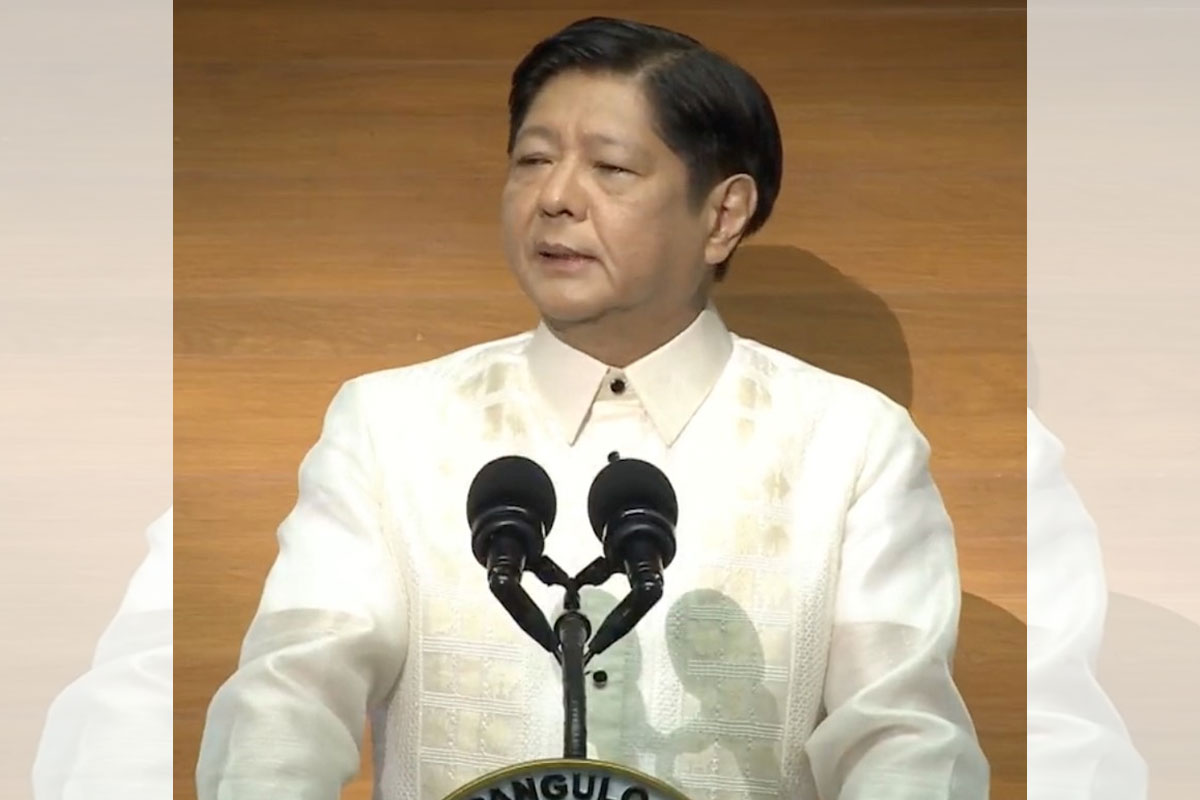
BFAR to continue improving management system
THE Bureau of Fisheries and Aquatic Resources (BFAR) has vowed to continue to improve its quality management system and collaborate with stakeholders to address the needs of the fisheries sector.
BFAR Director Demosthenes Escoto made the commitment even as the bureau has again received the highest audit rating from the Commission on Audit (COA) for its 2022 annual audit report.
Escoto said the COA’s high audit rating for the bureau signifies that its financial statements are presented in accordance with applicable financial reporting frameworks.
In its new report, the whole DA-BFAR attained an “unqualified opinion,” a significant improvement from COA’s previous audit report in 2021 in which only the DA-BFAR Central Office was given the highest audit rating.
Escoto also stressed that the state auditors’ rating reflects the DA-BFAR’s commitment to excellence and integrity in managing its financial assets.
He also expressed his gratitude to the bureau’s officials and employees for their hard work and dedication to the effective utilization of the agency’s funds.
“The unqualified opinion by the COA is a testament to how the bureau upholds excellence and integrity in managing its funds, in the fulfilment of our mandates and in line with the directive of President Ferdinand R. Marcos Jr. of providing effective and efficient services to Filipino fisherfolk to improve their lives and increase our fisheries production,” he said.
The comprehensive audit of the DA-BFAR’s accounts, transactions and operations for the fiscal year 2022 was conducted under the leadership of State Auditor Lea T. Petero.
In the report, COA said the audit presented by the DA-BFAR was “sufficient and appropriate to provide a basis for our opinion.”
“In our opinion, the accompanying financial statements present fairly, in all material respects, the financial position of the BFAR as of December 31, 2022, and its financial performance, changes in net assets/equity, cash flows and the comparison of budget and accordance with International Public Sector Actual Amounts for the year then ended Accounting Standards (IPSASs),” the COA report said.


















